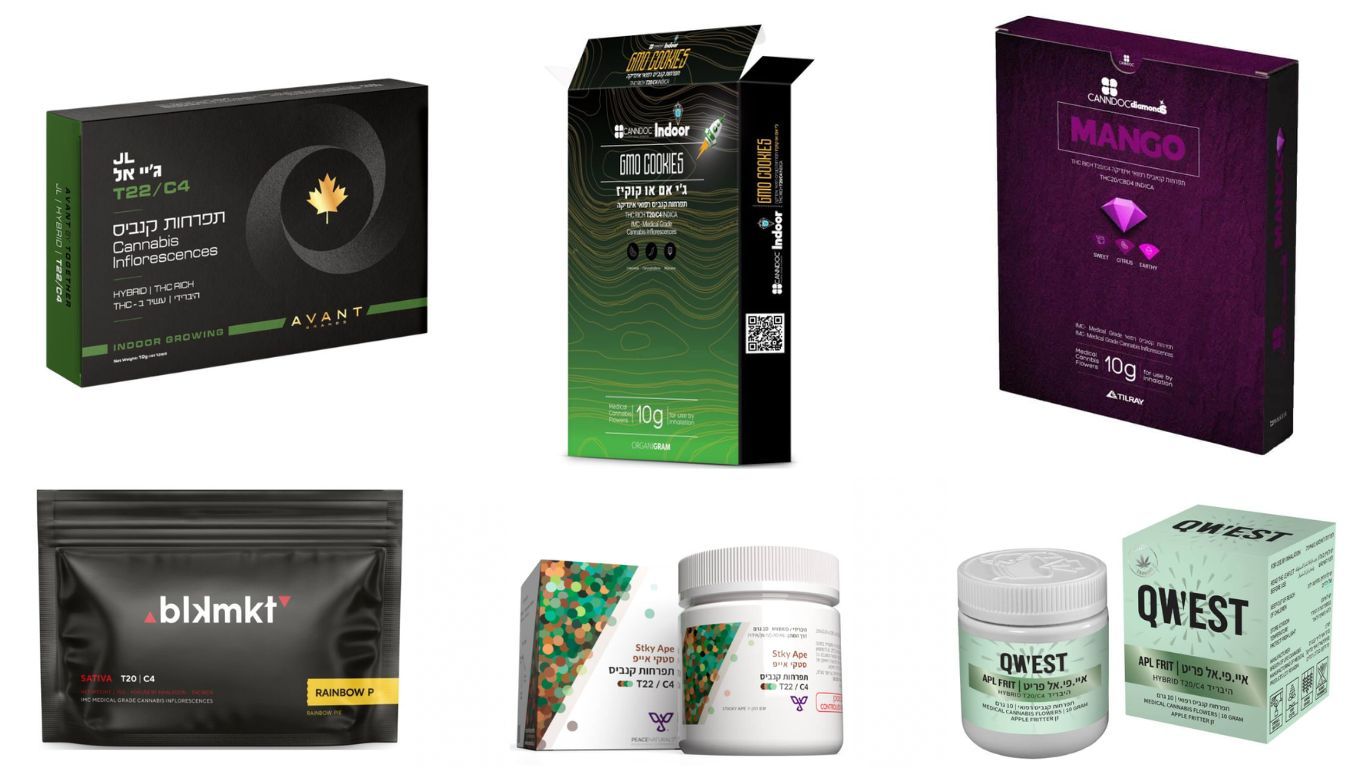
A group of BC cannabis retailers is calling for the resignation of the province’s Minister of Public Safety and Solicitor General Mike Farnworth for mismanagement of the cannabis file.
In a letter sent to BC Premier John Horgan, the group says the province has been undercutting private legal retailers with BC Cannabis Store locations and failing to enforce provincial law against illicit retailers.
“It is through his failed leadership that the industry has experienced unnecessary hardships in particular as it relates to the proliferation of illegal brick and mortar and illegal online cannabis stores,” notes the letter.
“Despite our fellow colleagues having continuously reported these illegal businesses directly to the Minister as well to the Community Safety Unit, it appears that both parties have been either unwilling or unable to take enforcement action to correct the issue. To demonstrate the severity of the issue, we have created the following map that highlights illegal brick and mortar cannabis stores operating throughout BC.“
The organization also includes a link to a google map noting the location of numerous unlicensed retailers operating in BC.
The issue is not just one of legality, but of public safety, says the letter, referencing recent testing released by the BC government from a third party, independent testing lab, showing samples of seized illicit product from unlicensed stores often not passing federal testing standards.
In addition to calling for the resignation of the Minister of Public Safety and Solicitor General, the group is also calling on the province to immediately eliminate PST for legal retailers, eliminate the 15% wholesale markup on cannabis products for the BC LDB, eliminate the annual cannabis retail licensing fee imposed by the province, stop issuing new retail licenses, and eliminating the 20% vape tax.
Mariana Wolff at Cannabis Cottage in Penticton, who supports the group’s efforts, says cannabis retailers face a challenge on two sides. On one end they have to compete with unlicensed retailers that the BC government refuses to close, and on the other end they have to compete with a taxpayer funded cannabis store that can easily undercut them on price.
“It’s unfortunate that our government has chosen to compete with private retailers as opposed to supporting us. They have their own set of rules they play by, they don’t follow their own cap of eight stores per company, the LCRB inspectors that inspect private retailers don’t inspect BC Cannabis Stores. They’re not held to the same standards. It makes us feel like we’re forced to buy from the government, pay taxes to the government, but we don’t get that same support back. We just feel like they’re competing with us while putting handcuffs on us.”
“Public is publicly funded, so they have a bottomless taxpayer pool to draw from,” she continues. “They’re not truly profitable, they’re spending a ton on overhead while insisting on competing with private. So the private retailer gets dinged twice. We’re paying taxes, we’re contributing to that public tax fund, and we’ve used our own personal savings to invest and get our capital going for these retail stores.”
The lack of enforcement of provincial law against illicit stores is equally frustrating, say others.
Sarah Ballantyne, spokesperson for the organization, says “retailers are simply frustrated that the province expects us to play by the rules on one hand, yet the province who is responsible for enforcement is knowingly turning a blind eye to the law and the multiple illegal cannabis businesses operating throughout the valley”.
For those in the Okanagan region, many of these illicit stores operate on First Nations land. Although BC’s CSU, the agency charged with enforcement of the provincial cannabis rules that include enforcement, has fined or even shut down numerous illicit retailers in BC, enforcement on those operating on First Nations land has not been as robust.
In Vancouver, similar issues with inconsistent enforcement have arisen. Alex Robb, who was issued a fine of more than $1.5 million for his connection to the Trees of Eden Island Grown location in Victoria, says they now face competition in their Vancouver location from an unlicensed store.
One of their big challenges for their stores, he explains, is in addition to having to pay such hefty fines for previously operating without a licence and now operating in a highly regulated legal landscape, is the apparently uneven enforcement. Their Farm Cannabis location on Columbia St in Vancouver is realizing much lower sales than the same location had prior to legalization, and is now competing against an illegal retailer just two doors down from theirs.
For Robb, it’s not about wanting to see the unlicensed store shut down, it’s about wanting to see some kind of even enforcement. If he and his partners chose to shut down more than two years ago and paid three quarters of a million dollars in fines, he asks how is it that they can still find themselves facing competition from an unlicensed store who has refused to follow the same rules?
“I know this is a touchy subject for a lot of people who have transitioned,” he says. “I do recognize the value of having compassion clubs and grey market access to cannabis because the system of legalization has not really met the needs of people who use it medically and are the reason the dispensary system evolved in BC anyway.”
“But the BC government said if you want to continue to operate in this industry you’ve got to play by our rules. And those rules say you can provide access to cannabis for medical purposes. So we did. But we have to compete with those who don’t follow those rules, and yet don’t seem to face the same enforcement we did. So I don’t get that.”
In the past, Minister Farnworth has said the issue of enforcing provincial law on First Nations is challenging, as the province is leery of triggering court challenges that could potentially have a major impact on provincial and Indigenous law.
Although the province takes the position that BC’s Cannabis Act is a “law of general application”’ that applies to all of British Columbia including First Nations’ land, Farnworth says there is a concern that this interpretation could be “tested” by actions such as enforcement.
“With cannabis, like a number of other issues when it comes to First Nations, our view, the province’s view, is that yes, they are laws of general application,’ said the Minister. “Just as with some other issues, First Nations have said, ‘No. These are areas of our jurisdiction,’ and that’s both at the provincial level and at the federal level.”
The concern, he notes, is that these kinds of enforcement actions by the province could end up in court, a fight the province apparently wishes to avoid.
“As the member will no doubt be aware, on numerous occasions, these are often tested in court, sometimes with a decision that, yes, they do come under First Nations jurisdiction, and that has far-reaching effects.
“When you have an issue where there is a dispute over jurisdiction, as a number of First Nations have indicated,” continues Farnworth, “- it is their view that cannabis comes under their jurisdiction – this is a complex and complicated situation. It is something that has not just arisen. It has been around for a while, and we are working with First Nations to be able to deal with that. It’s why one of the ways in which we are encouraging legal production or legal retail is through the use of Section 119 agreements under the Act, which were designed to do just that.”
Greg Kyllo, a BC Liberals MLA representing the Shuswap, says the presence and even proliferation of unregulated retailers in BC, especially on First Nations’ land, creates an uneven playing field for legal retailers who take the time and resources to follow provincial law.
Minister Farnworth, the province’s external lead on the cannabis file, says that in addition to enforcement the government continues to also use an educational approach to try and deal with illicit operators. But Kyllo says the time for steps beyond education are required, especially given the steps regulated retailers have to take to participate in the industry compared to unregulated operators.
“It’s the CSU unit that this provincial government has absolute responsibility for, and what concerns me is the enforcement seems to be selective, but if the law is being breached, then the CSU unit should be taking enforcement action,” Kyllo told StratCann in a telephone interview. “Minister Farnworth says the education component is working, but if the education component is working we wouldn’t see a continued proliferation. How else can they explain it? Of all the instances of enforcement action against different stores, to my understanding there has been only one enforcement action on First Nations land.”
“This government has determined and set out the rules,’ he continues. “In order to comply, it’s a very rigorous process with background checks and very specific requirements for provisions for insurance, safety protocols, security protocols, all of these requirements these stores have had to go through. That the government put the legislation forward here in British Columbia and is then letting others to continue to operate in that space without enforcement actions is very concerning.”
“I never thought the approach would be to not enforce the law as it stands. If there is a concern with the application and jurisdiction, then that should be tested in the courts. If they are concerned about the jurisdiction, they should proceed with enforcement action, then it’s up to the First Nations to test that in a court of law. But they haven’t done that. So the sooner we can see enforcement action, the sooner they can challenge it, and the sooner we can have some clarity on the issue of jurisdiction, rather than the government standing by and allowing this to proliferate, which is a problem.”
In the committee meeting, Minister Farnworth said that the legal system in BC is currently satisfying about half of the total market demand less than two years into legalization and that their approach to both the carrot and the stick of education and enforcement will continue to get closer to 100%.
“According to the latest survey I saw, more than half the cannabis sold in British Columbia now is sold legally, as opposed to three years ago, when 100 percent was sold illegally. You know, all of this is still new. We are engaged in enforcement. You step things up out of the educational phase into the actual enforcement phase; we will continue to do that. We know there are some areas where, as I said, there are challenges, and we are constantly looking at ways to address those challenges, just as other jurisdictions around the country are.
“I can tell you, for example, that in the state of Colorado, it took four years for the legal share of the market to reach 70 percent. We are, I think, just approaching not quite two years into it here in British Columbia. But I want you to know that enforcement continues and will continue to be a priority.”
In an email to StratCann, the BC Ministry of Public Safety and Solicitor General says they are unable to confirm the total number of illicit retailers in BC and that the although the BC government sees the federal and provincial cannabis regulations as applying to First Nations’ land, they are also committed to reconciliation and working with these communities to find common ground on the issue.
“The number of illegal unlicensed cannabis stores operating in British Columbia is dynamic. Illegal unlicensed cannabis stores open and close on a regular basis and temporary cannabis stores can pop-up without our knowledge,” a representative for the Public Affairs Officer with the BC Ministry of Public Safety and Solicitor General wrote in an email to StratCann. “Given the variability of the illegal cannabis market, the Community Safety Unit (CSU) is unable to confirm the number of illegal unlicensed cannabis stores in any specific time period.
“The federal Cannabis Act and BC’s corresponding provincial cannabis laws, including the Cannabis Control and Licensing Act, are laws of general application that apply across the province, including on reserve and treaty settlement lands.
“The Province acknowledges that some Indigenous nations may have differing views with respect to federal and provincial cannabis frameworks, and recognizes that there is uncertainty associated with any court case. The Province is also committed to reconciliation, building positive relationships with Indigenous governments, understanding where they have different perspectives, and, where possible, collaborating to find resolution. These efforts are balanced against the need to ensure that the legal and regulatory framework for cannabis is implemented across the province and in alignment with federal laws.
“The CSU works to make connections with Indigenous communities and considers their views and interests when carrying-out compliance and enforcement activities, including reaching out to build relations with Chief and Council.”











